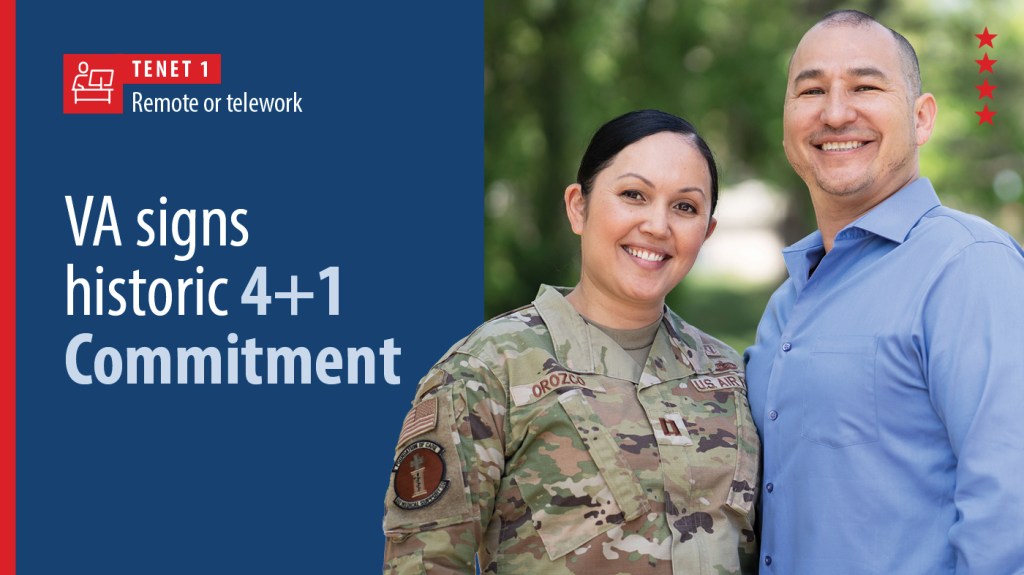
Megan (Meg) Paone is an active-duty Army spouse. She is an accomplished communications professional, a mother of twins, and understands the challenges spouses endure while supporting service members, caring for their families, maintaining employment, and managing the home front. She writes:
After I married my active-duty spouse, I remembered a conversation with a skeptical relative about my remote employment search as a military spouse. I was employed at the time, but could not keep my position with our Permanent Change of Station (PCS), because it required me to report full-time to the office.
Doubts about finding a “unicorn” remote job were ever-present, but I knew I needed to remain optimistic about securing a position that could move with our family as needed. I also knew that finding and securing a remote position would be a life-changing event—I could maintain meaningful employment and grow my career, contribute financially, and support my service member and the U.S. military.
While I eventually found my “unicorn” job, the stress of the experience had been overwhelming. It is a shared experience across career-minded military spouses when employers do not offer remote or telework opportunities that adapt to and enhance a military lifestyle.
VA’s historic pledge to the 4+1 Commitment supports career-seeking military spouses. Through the 4+1 Commitment, VA is implementing policies to enhance hiring and retention efforts, resulting in long-lasting career opportunities for military spouses.
One of the tenets of the 4+1 Commitment, offering telework, virtual, and remote work, is a game-changer for military spouses. In order to retain our military spouse employees after notification of their active-duty spouse’s PCS orders, leadership encourages the use of telework and remote work as one of the first steps in the retention process. Details of these arrangements can be found in VA Handbook 5011/36 (Hours of Duty and Leave).
Telework, virtual, and remote work opportunities are essential for military spouses who manage the home front and frequent relocations, which can mean leaving behind established careers and beloved coworkers, forsaking professional and salary growth, and having to navigate a new job market at the next duty station.
When employers like VA prioritize these opportunities, this commitment assures military spouses will not have to endure another job search, they will not have to compromise their health or lifestyle benefits, and they can freely invest in their professional development and career.
Take the first step with VMSTEP
As a military spouse, you have a distinct perspective on what we do at VA and how to help our Veterans. You’re educated, qualified, and ready to serve families who have lived through experiences similar to your own.
That’s knowledge other candidates can’t duplicate, which is why VA has long been a leader in developing and implementing military spouse-friendly policies and agencies, including the Veteran and Military Spouse Talent Engagement Program (VMSTEP).
VMSTEP provides employment readiness assistance and support while advocating the use of special hiring authorities, employment programs, and retention strategies to position VA as the employer of choice for Veterans and military spouses.
Military spouses who work for VA bring their experience and understanding of what it means to be a part of the mission. Through VMSTEP, we’re taking actionable steps to reduce military spouse unemployment and underemployment rates, thus contributing to the stability of military families.
Work at VA
If you’re a Veteran, military spouse, or are planning your return to civilian life after military service, we stand ready to offer assistance and support in your quest for a meaningful career.
- READ more about VA’s 4+1 Commitment.
- LEARN more about our work at VMSTEP.
- FOLLOW VMSTEP on Facebook.
- ACCESS more resources at VA Careers.


